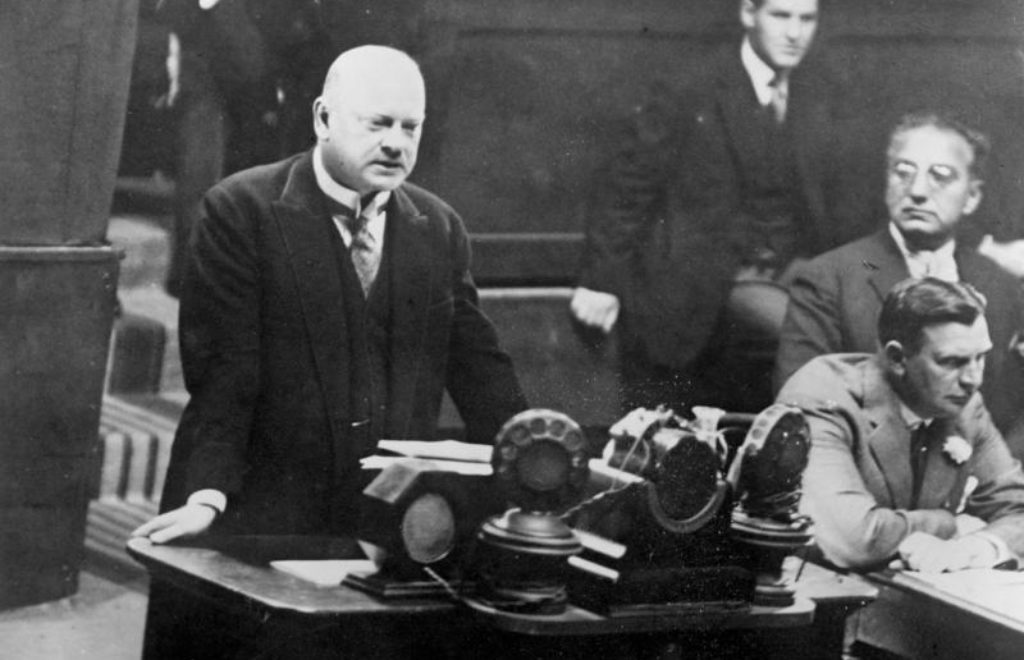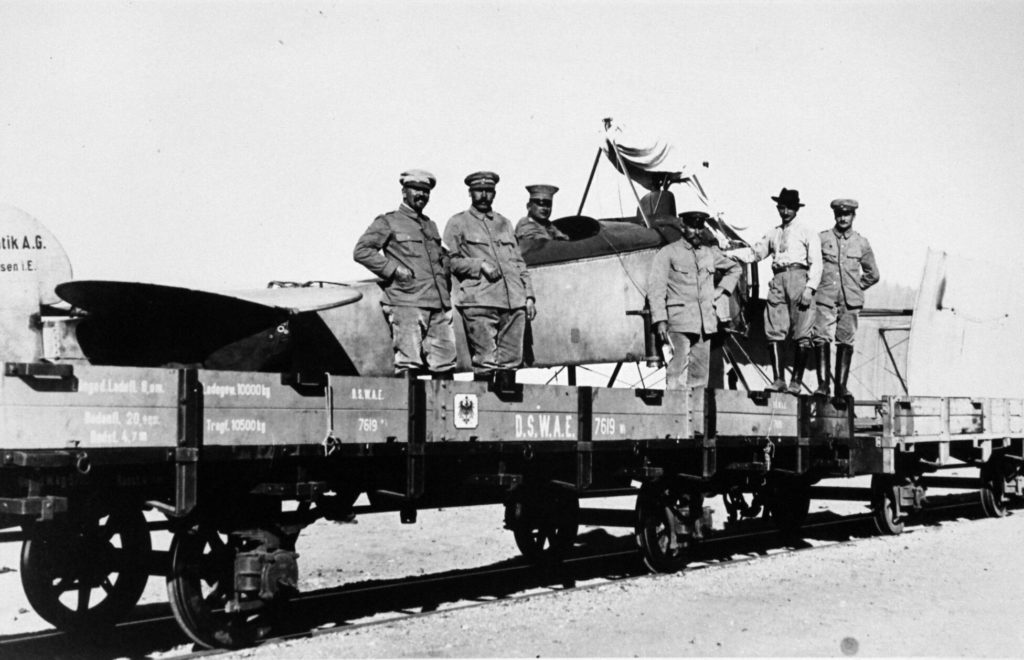A society lacking a consensus is a dangerous place
IWONA REICHARDT: The title of your book is Weimar Germany. Promises and Tragedy. Let us start with the first part: the promises. What promises did the Weimar republic, which was established in 1918 and whose official name remained Deutsches Reich (unchanged since 1871), make to the German society, which was deeply battered after the First World War and burdened with a very heavy sense of loss and humiliation?
ERIC WEITZ: The Revolution of 1918/19 established – and did not only promise – Germany as a democratic state and society. The extent of participation in the government at all levels –federal, state and local – broadened dramatically. Germans had a great range of freedoms to speak out, to publish what they wanted in the press and to organise themselves in parties and civil society.
November 12, 2019 - Eric Weitz Iwona Reichardt





































